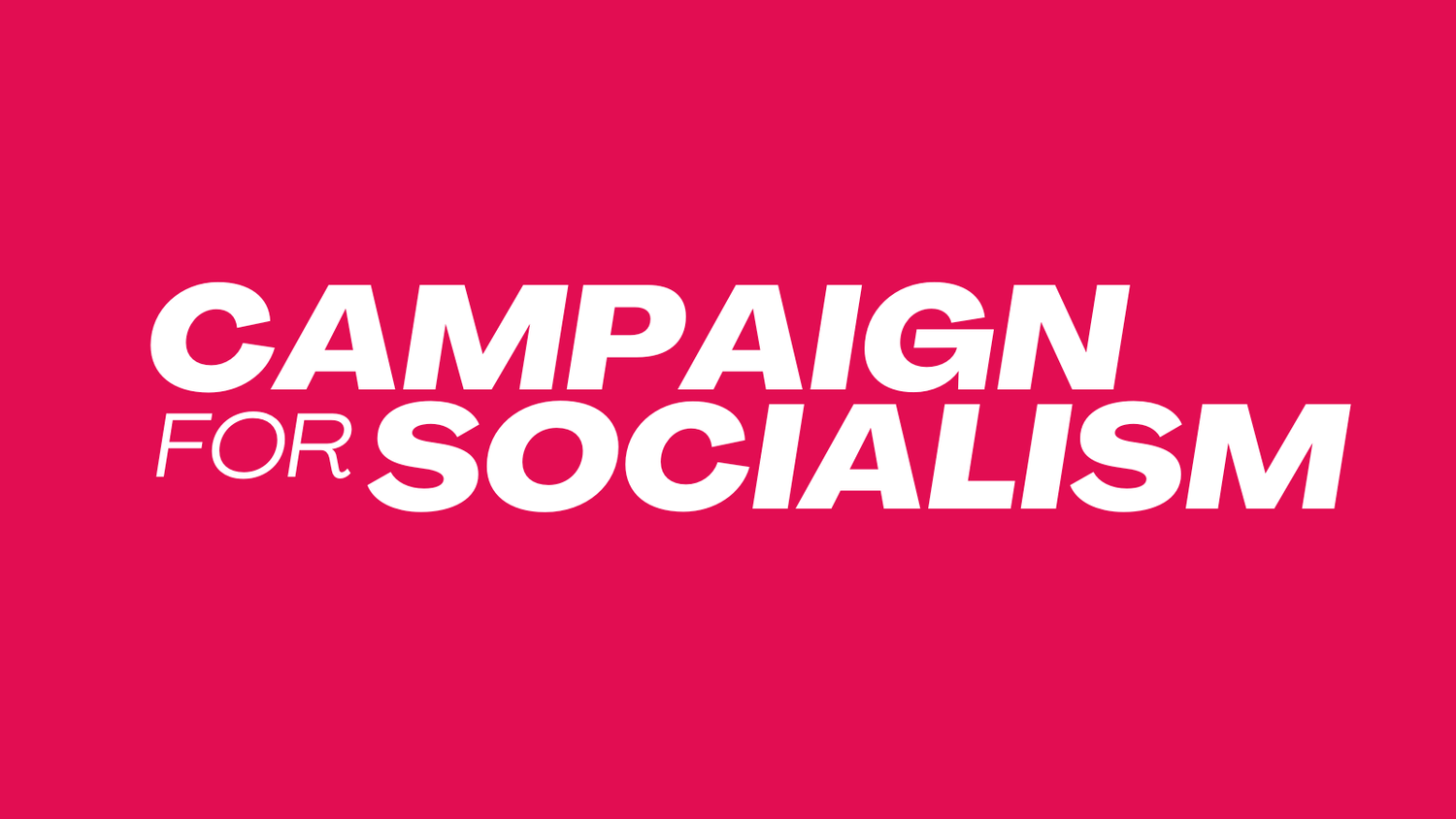By Vince Mills
The panic in the Labour elite, (and I would add the Tory elite for that matter) and their friends in the banks and financial institutions not only because Jeremy Corbyn might win but because there has been a shift left by existing and new members and supporters of the Labour Party, has led to an orchestrated media campaign proclaiming that the process for electing the leader of Labour Party is flawed and for that matter so is the candidate himself.
The latest accusation that he had the temerity to suggest that assassination rather than due process of law is unacceptable, even if the victim is Osama Bin Laden, has sent the right wing press hysterical. This rather gives to the lie to the contention that the Tories would love Jeremy to be Labour’s leader. The Tory loving Sun is certainly not behaving that way.
The emphasis on process as opposed to policy content is beneficial to Corbyn’s Labour opponents on two fronts: firstly it means that the popular political initiatives he has been promising that really deserve public airing and debate – for example on reviving the economy by ending austerity or the need to apologise for 165,000 deaths in Iraq, are buried beneath stories about eccentric Tories and ultra-leftists trying to get a vote in the leadership contest; secondly it may also, as the New Statesman argues, give the defeated candidates the hope of some sort of political afterlife if Corbyn does win, by claiming that it was all a fix in the first place.
What has happened, you might ask yourself, of the Right’s initial howl of rage that Corbyn was unelectable? Probably the Daily Record, that moderate bastion of the Scottish Labour Party, drowned that noise out on 18th August by declaring its support for Corbyn’s candidacy.
The hype and hypocrisy in all of this does of course need to be exposed, but ‘it is in an ill wind…’and all that. What I mean is that some of the issues that the Right wing of the Labour Party have raised might in fact create the political space needed to discuss just how the Labour Party should relate to radical political groupings in a way that is democratic and transparent. Or in the words of none other than Tony Blair in his attack on Corbyn’s campaign - ‘what a political organisation looks like today’
Trade union and Socialists who opposed it, will well remember how we got the current system for Leadership elections in the first place. It was a consequence of the debacle over the reselection in Falkirk West in 2013, where Unite was accused of illegitimate practices in recruitment with a view to having a Unite member as the Labour candidate in the seat. This was used as the pretext for a review and subsequent reform of Labour’s relationship with the trade unions.
The Collins review in 2014 dumped the three-way electoral college system in favour of One Member One Vote (OMOV). In the college system which recognised the institutional role of the Unions, equal weight was given to member, parliamentarian, and the trade union and affiliated societies sections. The new system, where candidates are elected by members and registered and affiliated supporters both denies the special relationship between unions and party and treats membership in relation to the key function (you might say privilege) of electing the Leadership of the Party as equal to someone who decides to have no relationship with the party at all other than a one off payment to allow limited participation in the local party and full participation in the election of the leadership.
Make no mistake about the intention of the Right wing of the Labour Party here. They believed that if radical influence was going to be exerted on the Labour Party it was going to come from the Trade Union movement. They further believed, based on the highly successful cheese and wine initiatives of New Labour in recruiting party members to the ranks of New Labour, that new supporters would almost certainly come from the ‘engaged’ middle classes who were likely to be sympathetic to the anodyne politics of the likes of Cooper or better still the reactionary doctrines of Kendall. Their denunciation of the process in the current campaign therefore reeks of hypocrisy.
In line with the CfS, I opposed the Collins review proposals and I fully accept that I made the same gross miscalculation about who might sign up as supporters as Labour’s Right, because I, like the Right of the Party, did not foresee the possibility of a serious left wing candidate who would galvanise support for an anti-austerity movement.
And now for some more good ideas from unlikely sources. In June 1982 the Labour Party was struggling with the influence of the Militant tendency. While the internal Hayward-Hughes inquiry, rather undermined the objectivity of the approach it advanced by finding that Militant was guilty of breaking the Labour Party constitution before their ideas were even implemented, the inquiry proposed a radical break with Labour’s tradition of only recognising affiliated groups by proposing the setting up of a register of non-affiliated groups who would be allowed to operate within the Labour Party.
Under a Corbyn leadership where Labour would be trying to build alliances with as many radical groups as possible, assuming of course such groups share a fundamental loyalty to the Labour cause, the idea of such a register might well offer a way forward. To meet clause 1 of the Labour Party constitution such groups could not of course stand candidates in elections, however, many groups campaigning on broad anti austerity, political platforms as well as specific issues like housing, health and education could be welcomed into the Labour family where they would simultaneously help shape the course of and be shaped by, the river of political change that Jeremy Corbyn’s campaign has unleashed.

